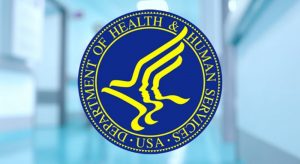The COVID-19 pandemic has proven that healthcare providers need to access information safely and efficiently in order to treat their
In 2017, 96% of all non-federal acute care hospitals, 93% of small rural and critical access hospitals, 99% of large hospitals (more than 300 beds), and 97% of medium-sized hospitals (more than 100 beds) possessed certified health IT.
Office-based physicians are also turning to health IT. By the end of 2017, approximately 80% of all U.S. office-based physicians (MD/DO) were utilizing certified health IT in the Centers for Medicare and Medicaid Services (CMS) Electronic Health Record (EHR) Incentive Programs. But there are still kinks in the system, with only one in ten of those physicians able to electronically send, receive, find, and integrate health data from EHRs outside of their networks.
In addition, 32% of individuals who went to a doctor in the past 12 months reported experiencing a gap in information exchange, which resulted in them having to redo a test or procedure because their prior data was unavailable.
Now the U.S. Department of Health and Human Services (HHS) is helping to measure health IT use among office-based physicians across the country in an effort to alleviate those issues. The HHS Office of the National Coordinator for Health Information Technology (ONC) has awarded a cooperative agreement to the American Board of Family Medicine (ABFM) to measure the use and potential burdens experienced by office-based physicians, with the results providing ONC with national-level data on how office-based physicians use health IT, including more insight on interoperability and burden.
“Under the three-year cooperative agreement, the American Board of Family Medicine will develop key measures related to health IT use and the interoperability of health information; collect data from a nationally representative sample of office-based physicians to support national level progress; and collaborate with ONC on the analysis and interpretation of the survey results,” HHS wrote in a statement.
The data that is collected can also be used to inform future federal policy decisions.

























